The successful integration of an implant into the jawbone requires precise drilling, making dental implant drills a key part of the process. These titanium posts are inserted to fill in gaps left by missing teeth and provide a secure basis for a prosthetic replacement. A drill is used to carefully construct a hole in the jawbone, ensuring that the implant is securely locked in place.
To set the stage for dental implantation, the surface of the jawbone must be prepped with a hand drill. The operation demands that the instrument be calibrated to an optimal level, with the right depth and angle, ensuring a safe and sturdy affixation of the implant.
After readying the jawbone, it is time to insert the implant into the pre-drilled hole. Constructed from titanium for durability, the implant must be precisely embedded at an appropriate depth and angle; this guarantees that the prosthetic tooth will be adequately stabilised.
After being carefully nestled into the jawbone, the start of the dental implant drill process marks the beginning of a precise and well-orchestrated experiment. For this procedure, a specialized drill bit is utilized to create a perfectly aligned hole, catering to the precise size and shape specifications of the implant piece. Adjustments are made to guarantee an immaculate fit between the newly-formed crevice and the artificial asset it will soon act as a home for.
With a hole carefully prepared, it’s time for the implant to be carefully fitted; securing it in place with screws, tightened down to the ideal torque needed for it to hold firmly in its intended position. Without the proper level of tightness, the prosthetic tooth would be rendered ineffective.
To fully complete the dental implant drill experiment, a special dental cement must be utilized to fill the space between the implant and the prosthetic tooth. Once applied, the dental cement is used to secure the prosthetic tooth and set it firmly in its place.
Crafting a dental implant drill requires precise attention, for the procedure’s success depends upon it. Utilizing correct techniques and instruments is integral to securing the implant steadfastly in place. In order to guarantee an optimal outcome, it is imperative that each step of the implant installation be handled carefully and accurately.
Experimentation with dental drilling is an integral step in the implantation process. This must be done with great precision in order to ensure the stability of the implant. Appropriate methodologies and instrumentation are paramount if one wishes to secure a successful implant installation. If done adequately and with the right tools, dental drill experimentation can result in a satisfactory outcome for everyone involved.
To accurately insert modern dental implants, an innovative drilling process—known as the dental implant drill experiment—is applied to the jawbone. This groundbreaking technology allows for a secure and precise position of the implant, firmly adhering it to the bone and paving the way for improved oral health care.
For years, dental implant drills have been experimented with, but recently, thanks to cutting-edge technology, the process has been enhanced. This advanced technology is utilized to accurately register the intensity of the drill and its velocity. The result is a precisely placed dental implant.
To initiate the experiment, the patient’s jawbone receives a thorough preparation before being carefully pierced by the drill. This process is rigorously monitored for any abnormal vibrance or irregularities. Concurrently, the habitual motion and reverberations of the drill are measured and documented accurately.
The end goal of the experiment is to measure the performance of the drill as well as the degree of accuracy in its placement. By evaluating the data acquired from the drill, we can gauge whether the expected outcomes were met. If any discrepancies are identified, we would then correct and regulate the drill accordingly to fulfil our desired objectives.
Upon attaining the sought-after outcome, the implant is nestled into the mandible, firmly fastened with screws, and topped off with an eye-catching crown.
Dentistry has seen monumental advancement because of the implant drill experiment, which enabled a far more precise placement of dental implants. This technology gifted us with a security of longevity, optimizing the rate at which implants stay in place and remain successful.
The implant drill technique has been honed through the years, making it a reliable and dependable process for placing dental implants. It’s simplicity has enabled a much higher rate of success than ever before practicable.
The implant drill experiment has proven to be a stellar advancement for the world of dentistry; notably, it has led to remarkable success rates with root canal therapy. Previous results could not measure up when compared against the impressive success that the implant drill experiment is now attaining.
Dentistry has undergone an astronomical transformation since the introduction of the implant drill experiment, unlocking unrivaled prosperity in terms of secure and lasting placement of implants and elevated success rates for implanting dental hardware as well as procedures like root canal therapy.
Related Product
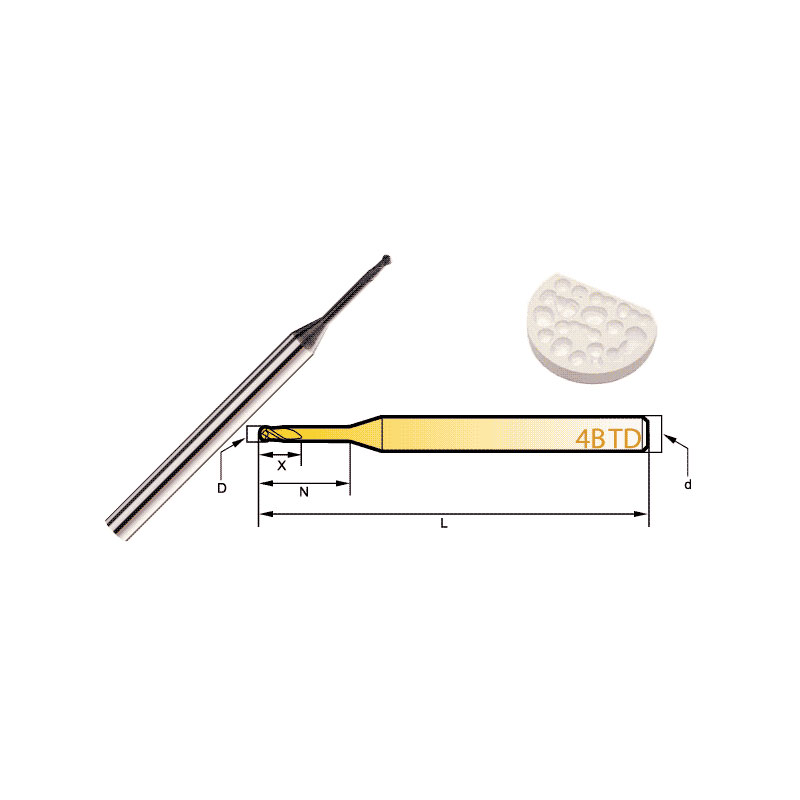
Diamond Bur Ball Round
Product Information Product Name Dental 4-Flute Ball End Mill Brand MSK Model D Number Of BladesZ X N L d 4BTD2060 2 4 6 6 50 3 4BTD2010 2 4 6 10 50 3 4BTD2016 2 4 6 […]
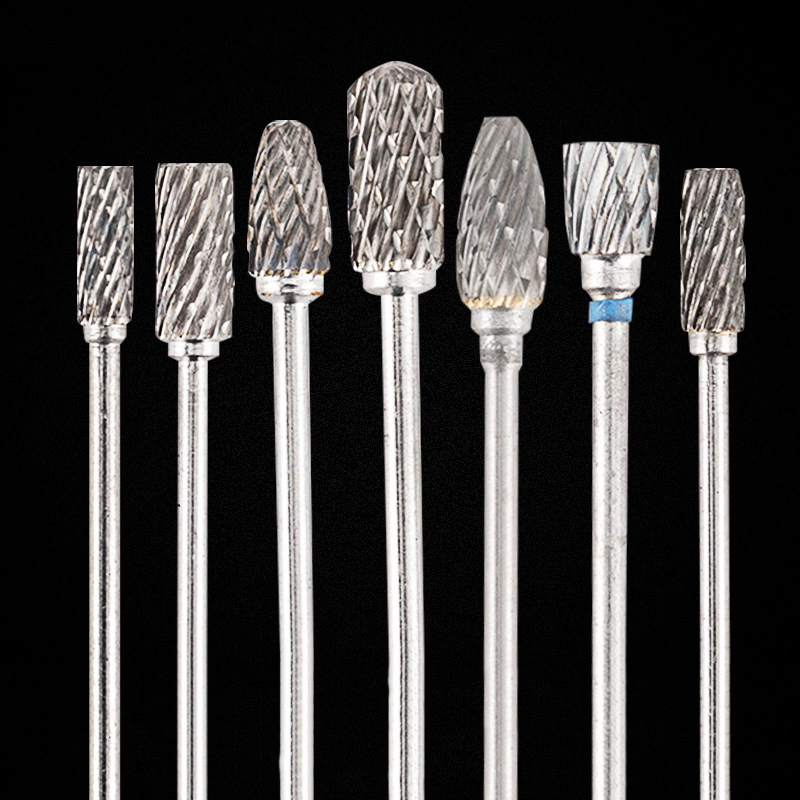
HP Deburring Carbide Burs
Product Information Brand MSK Material Tungsten Steel Model Grinding Head Custom Processing Yes Feature: The dental grinding head is made of tungsten steel with stabl […]
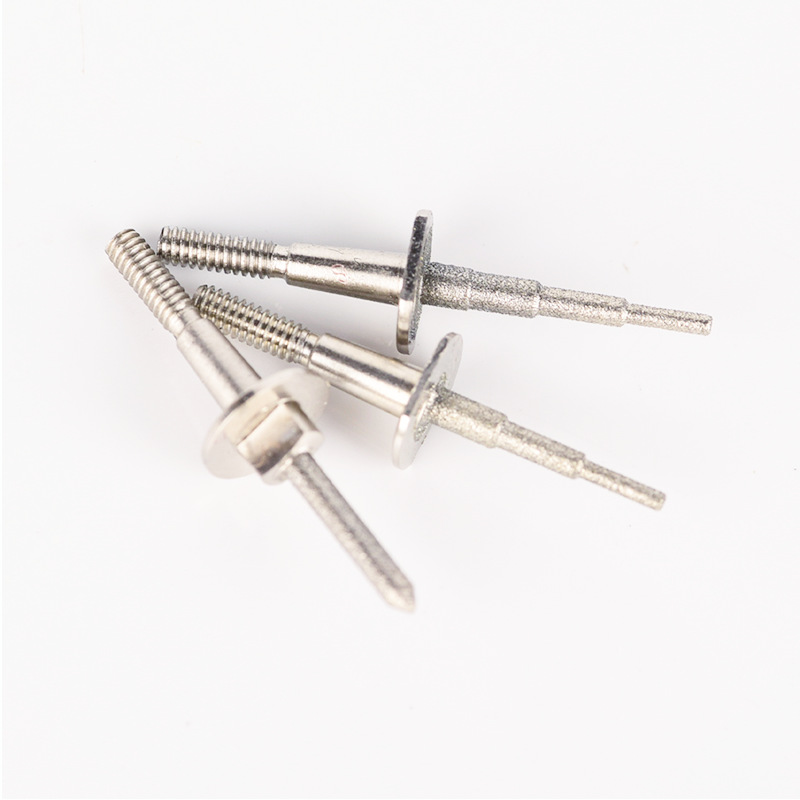
Step Bur Milling Bur Grinder for Glass Cerami
Product Information Origin Tianjing, China Shank Diameter 1.8 (mm) Brand MSK Scope Of Application CEREC3 Grinding Equipment Material Stainless Steel/Carbide Main Sales Areas […]
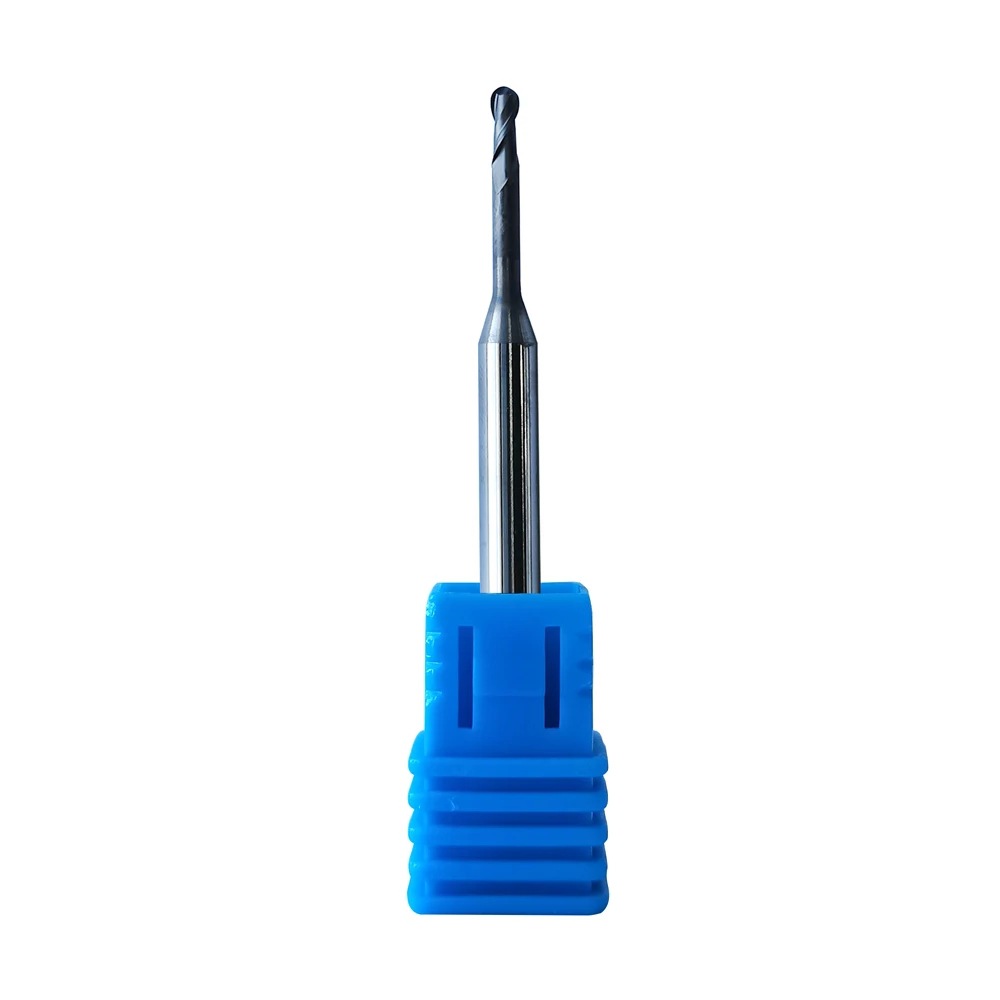
Supply Roland DLC Zirconia Burs
Product Information Origin Tianjing, China Series Dental Bur Brand MSK Cutting Edge Form 2 Blade/3 Blade Ball Diameter (Mm) 0.6, 1, 2 Material Very Fine Grained Cemented Car […]
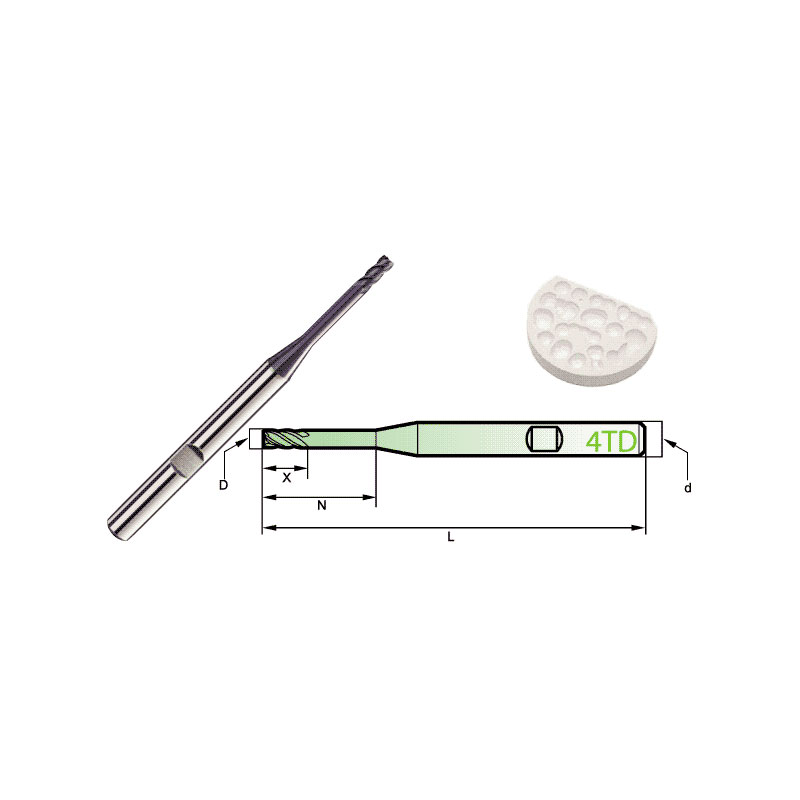
Carbide Roland CAD/CAM Burs
Product Information Origin Tianjing, China Brand MSK Number Of Blades 4 Product Name Dental Special 4-Blade End Mill Model D Number Of Blades Z X N L d 4TD2060HB 2 4 […]
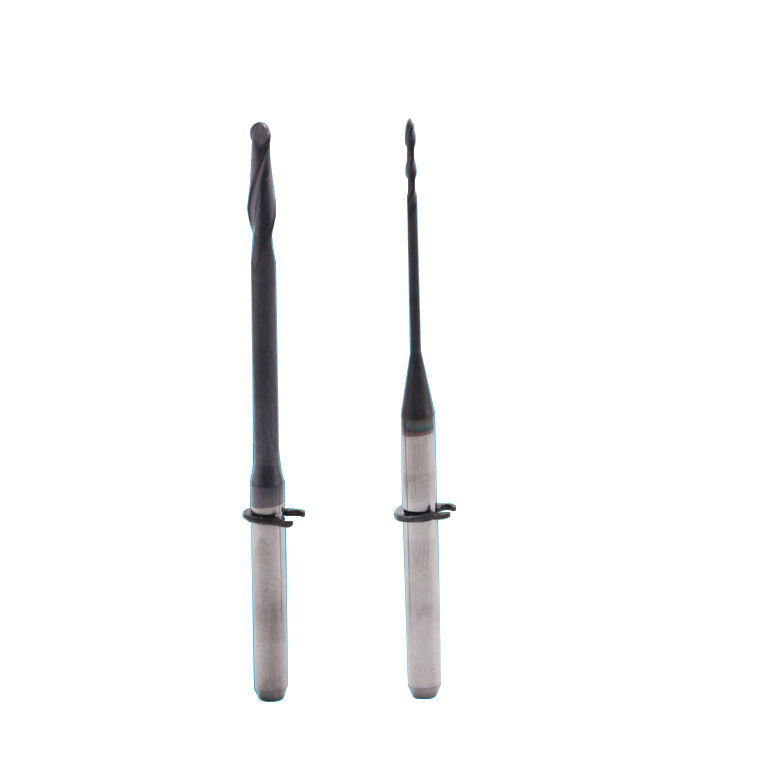
Dental CAD/CAM Milling Burs
Product Information Origin Tianjing, China Material Stainless Steel Brand MSK Applicable Machine Tools A Variety Of Options Custom Processing Yes Whether To Coat No Is It a […]
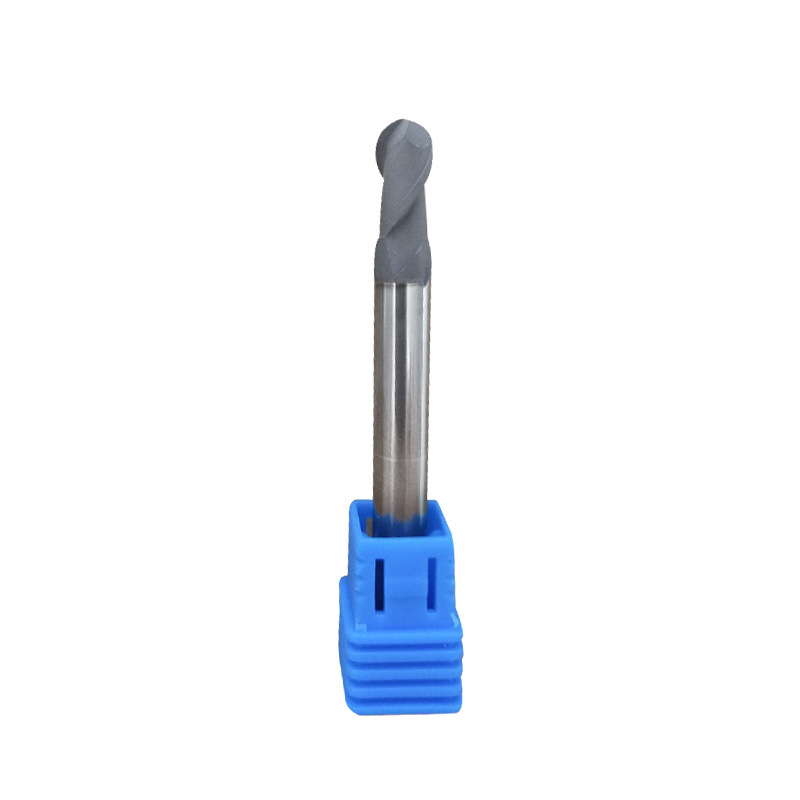
Diamond Coating Round Diamond Cutters
Product Information Origin Tianjing, China Series U Series Brand MSK Cutting Edge Form Helical Structure Ball Diameter (Mm) 3 Material Carbide Minimum Cutting Diameter At Th […]
Post time: 2023-07-12
